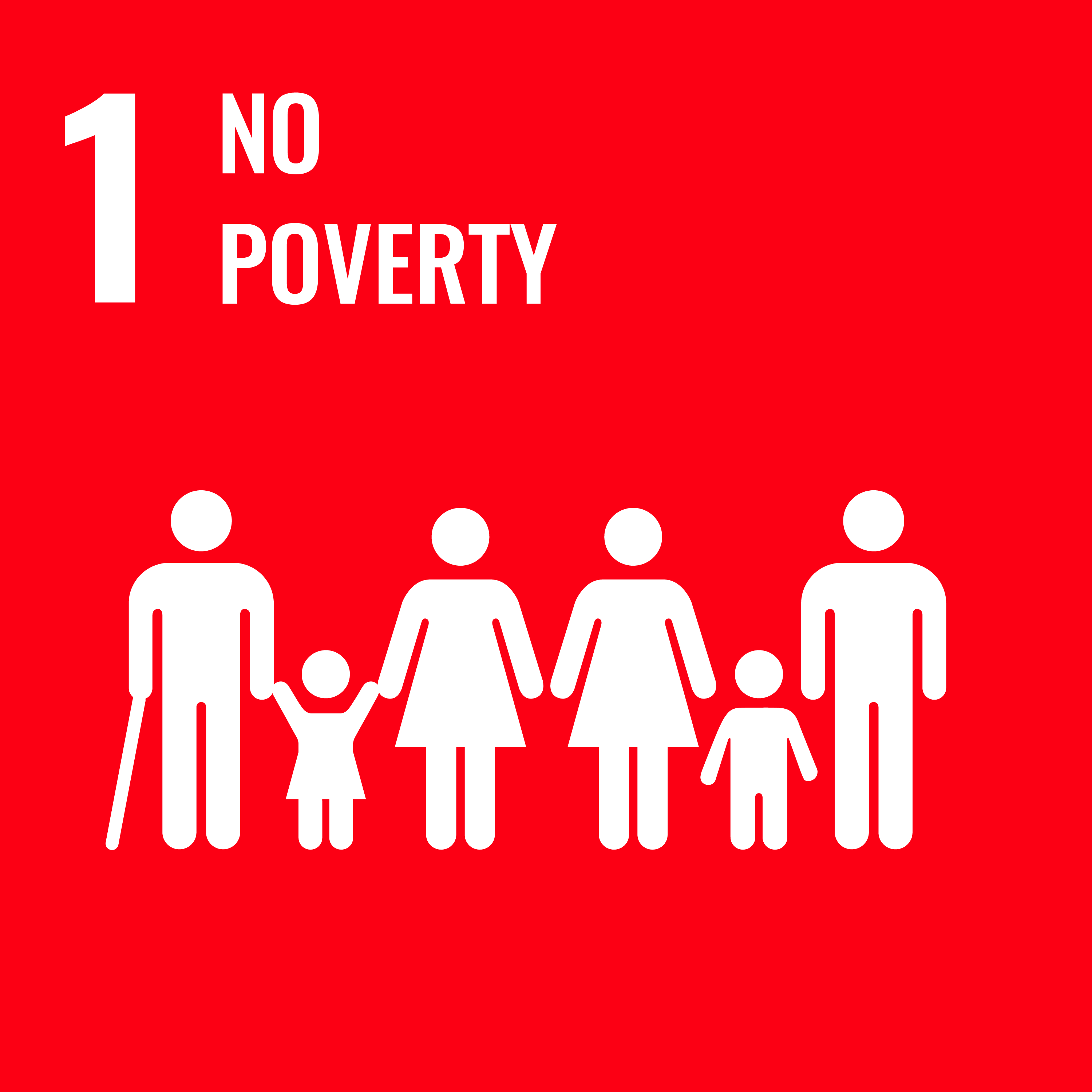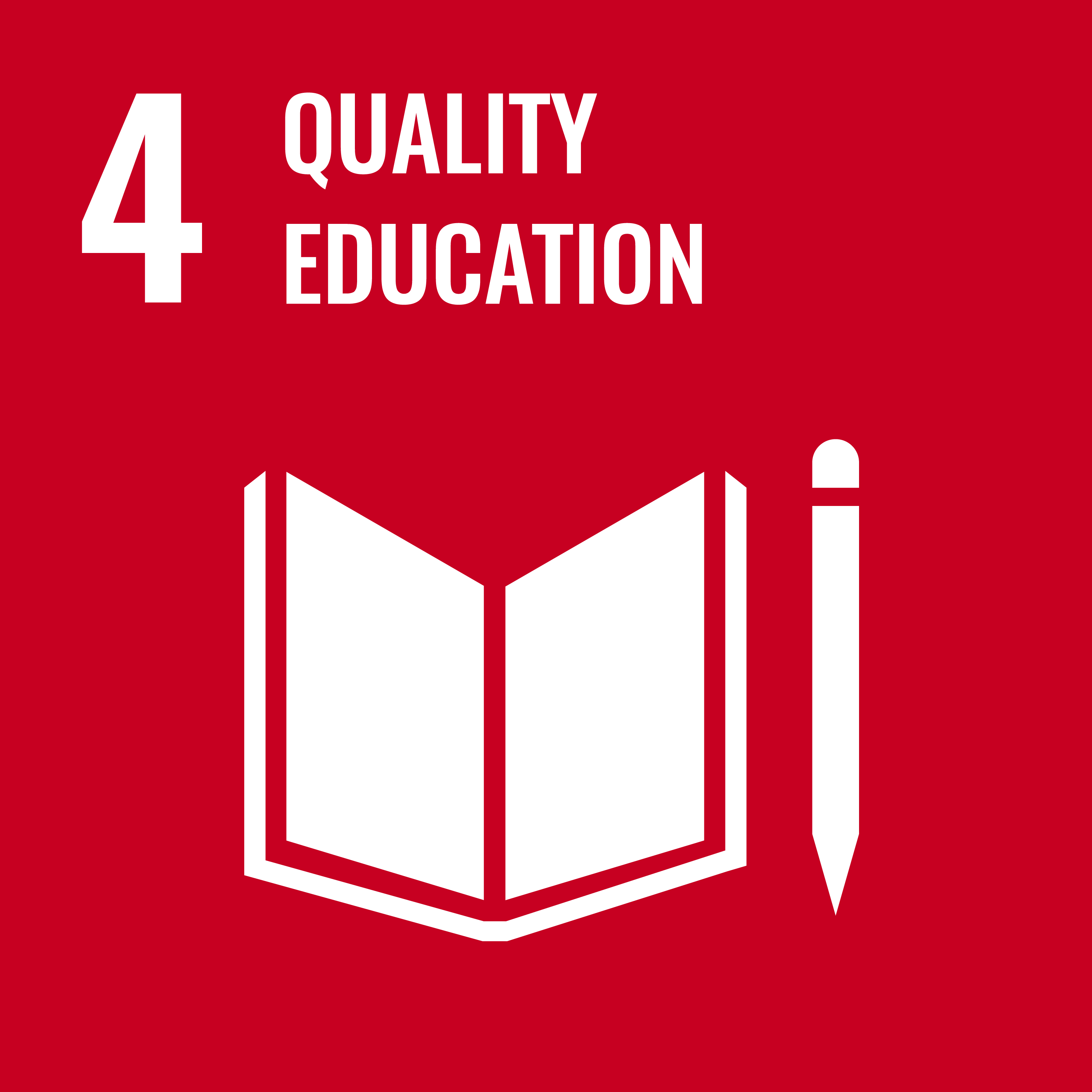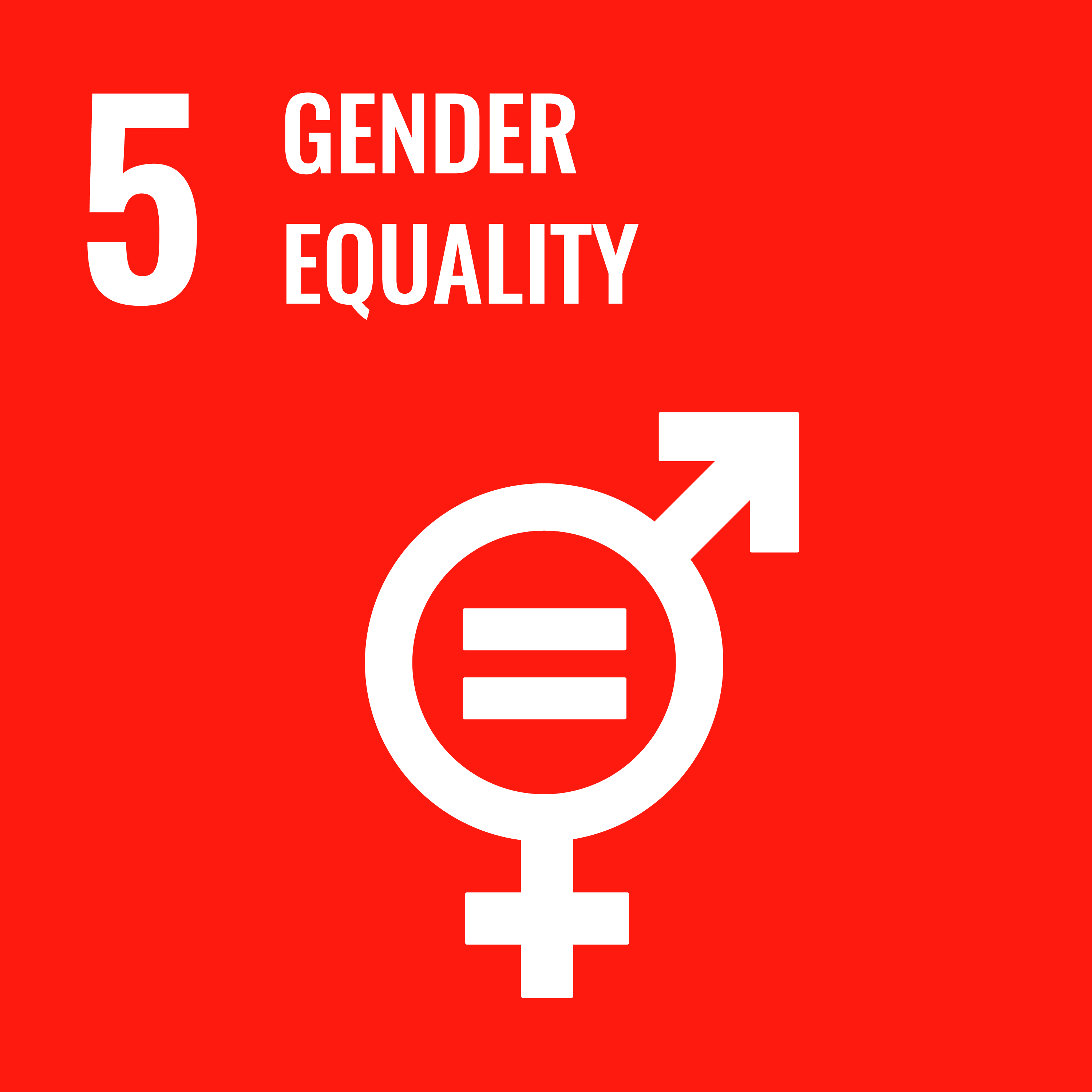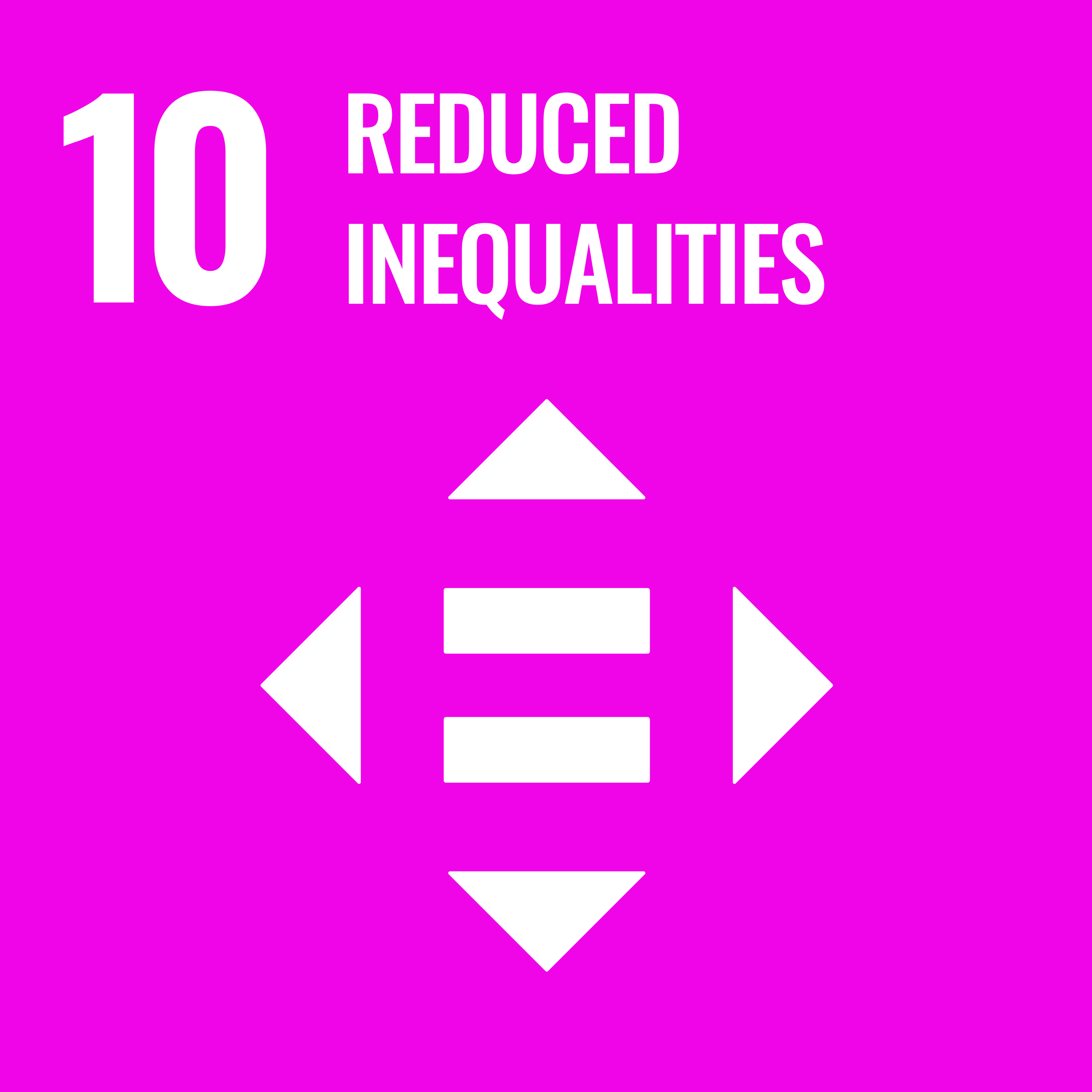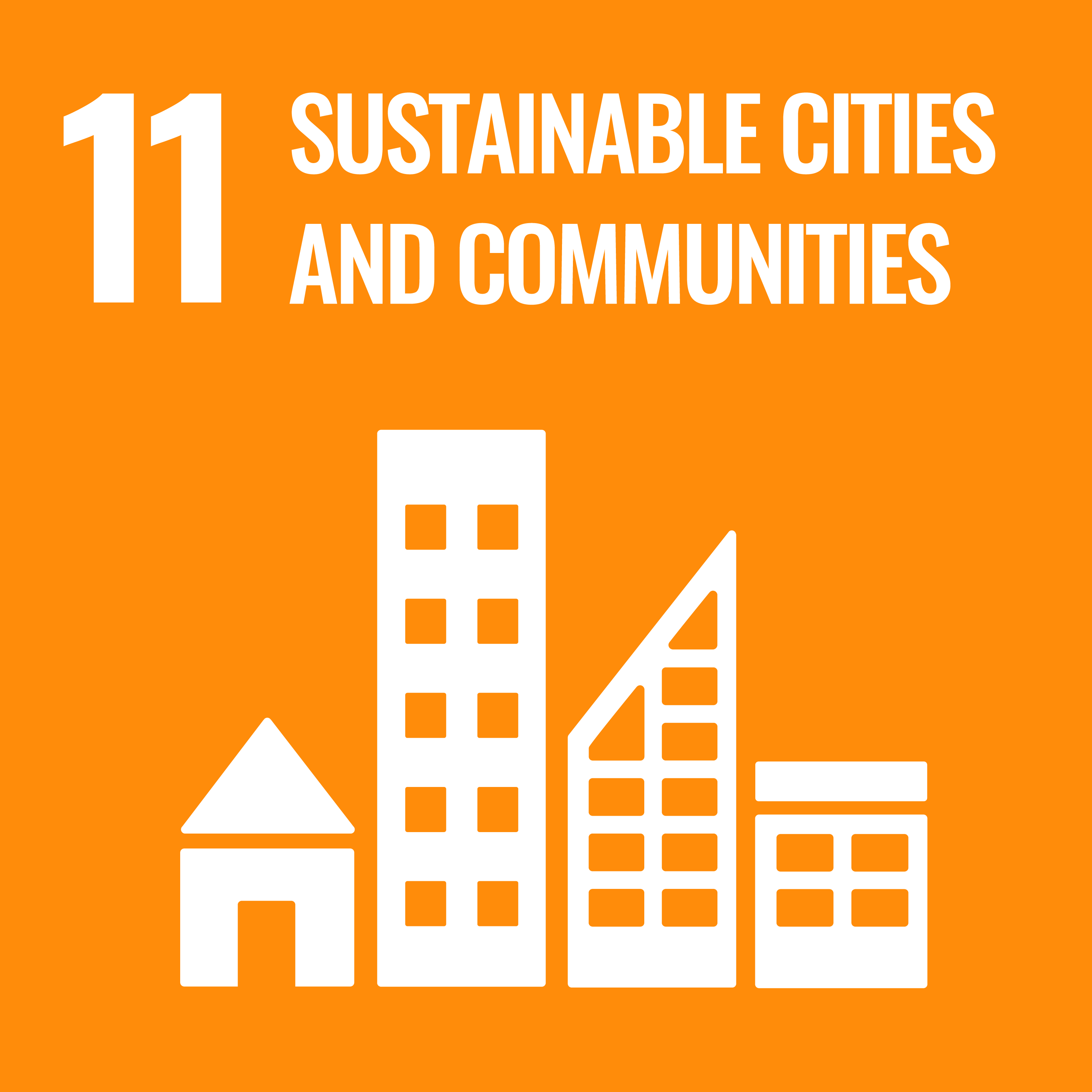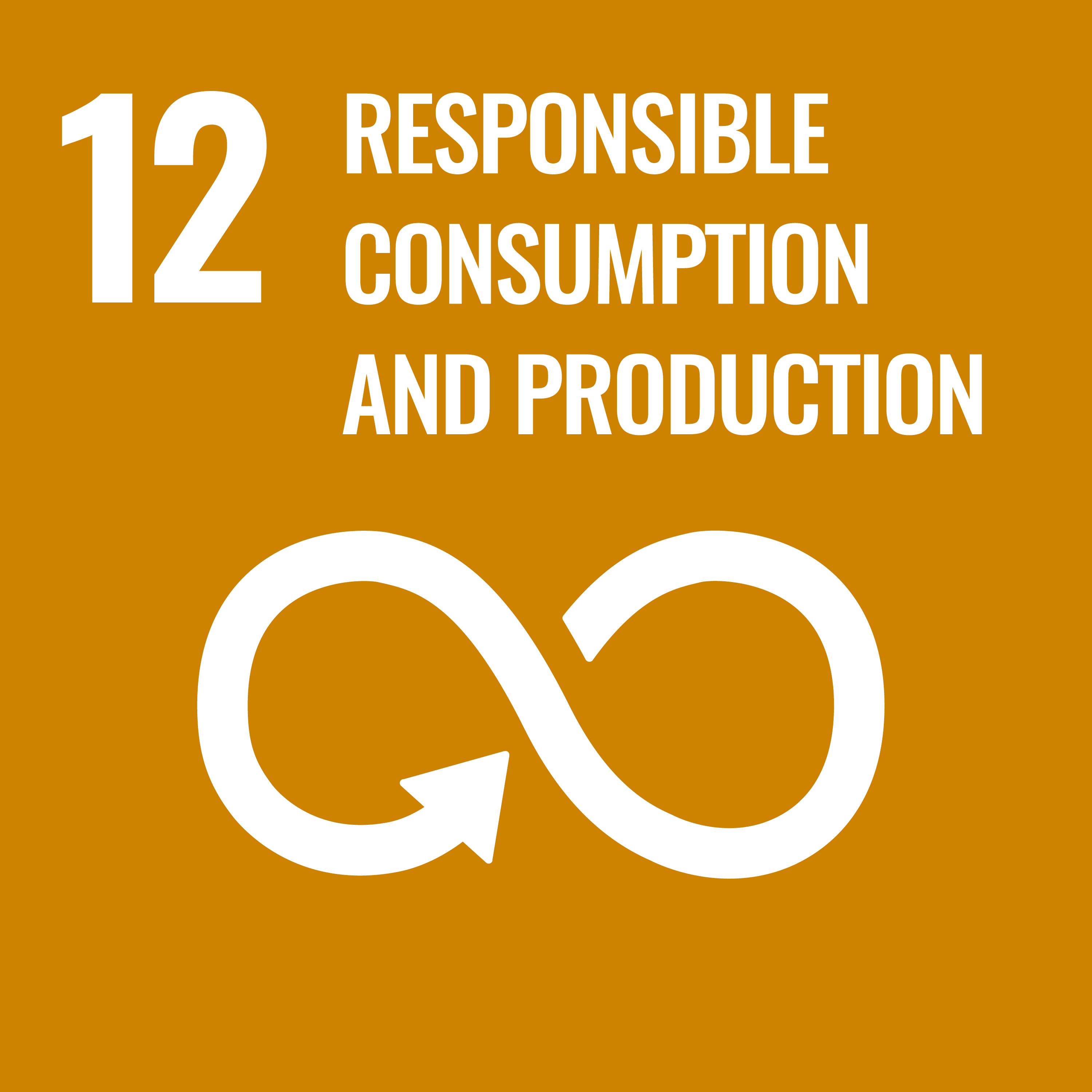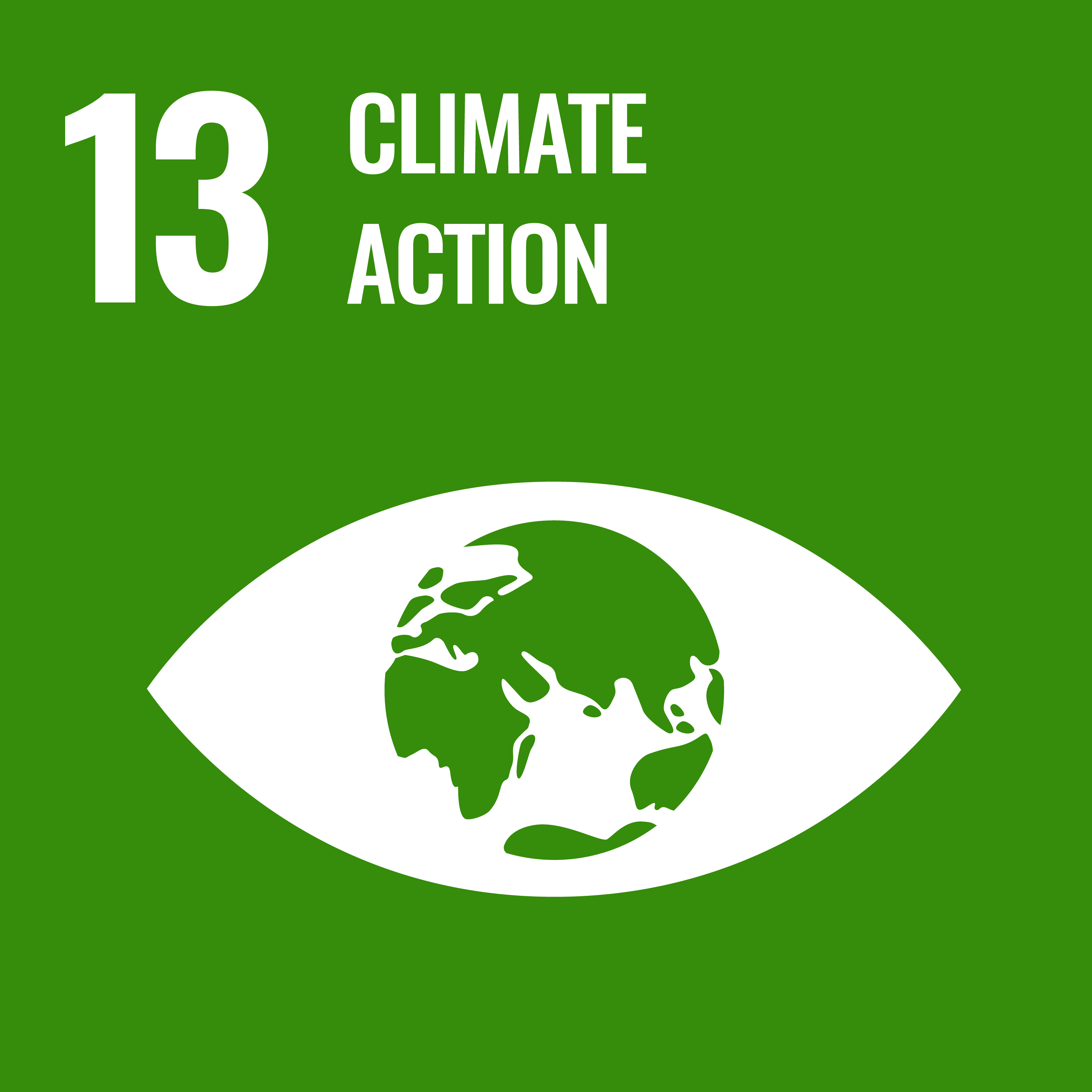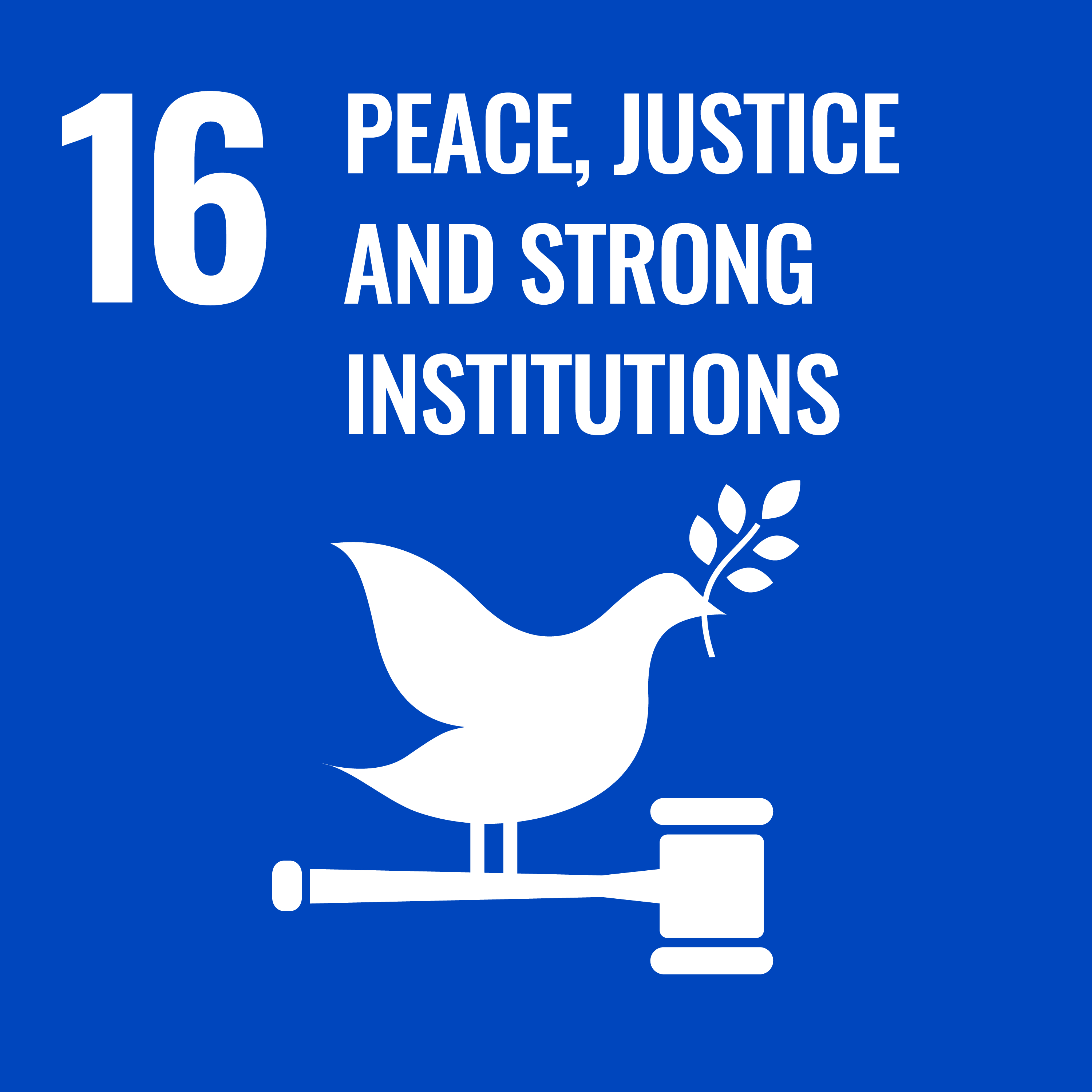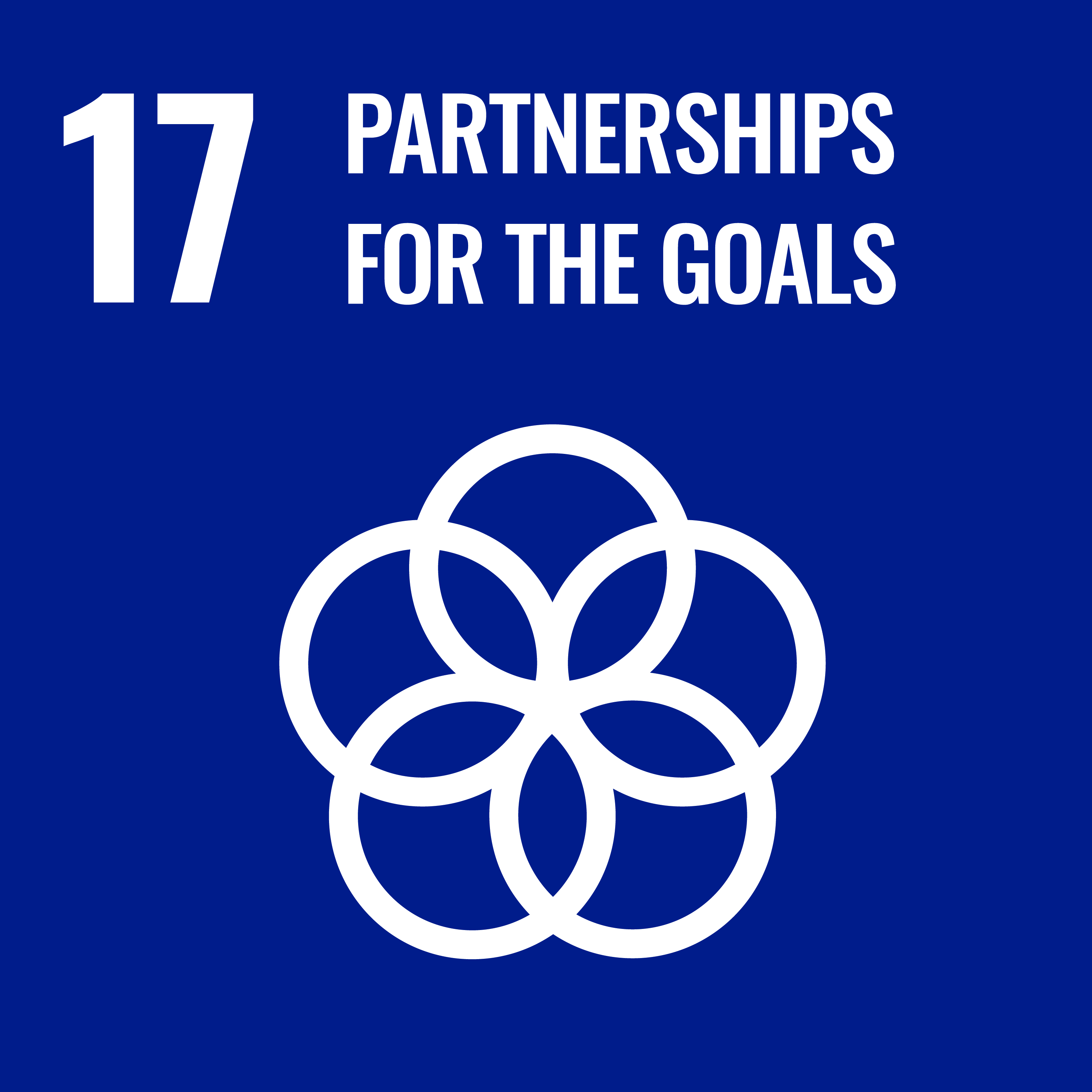Contributes to achieving SDGs
Key achievements
During the first year of its Strategic Plan 2022-2025, in collaboration with an expanded set of partners, UN Women worked to safeguard and advance the rights of women and girls across the humanitarian-development-peace nexus and achieved the following early results:
of resolutions
policies, strategies, and plans
adopted, that are national/local multi-sectoral and gender-responsive, across 42 countries and territories
laws
across six regions adopted or amended to advance gender equality and women’s empowerment
countries and territories
have adopted National Action Plans on women peace and security, and 90 of them have indicators to monitor progress


